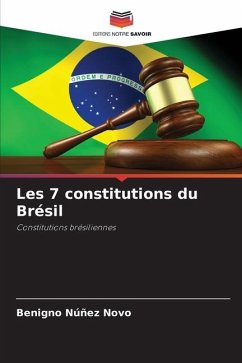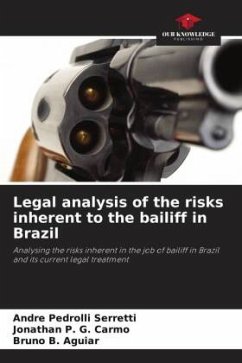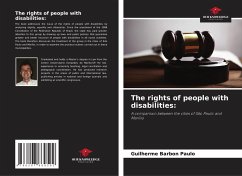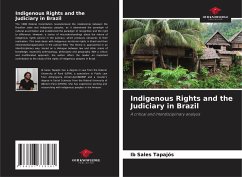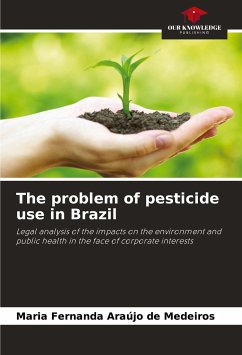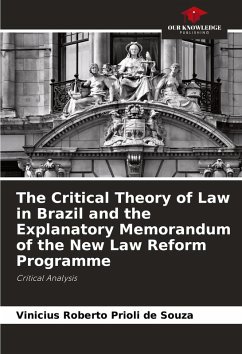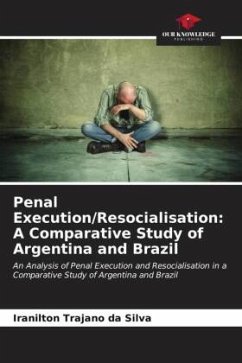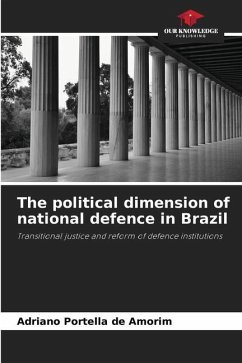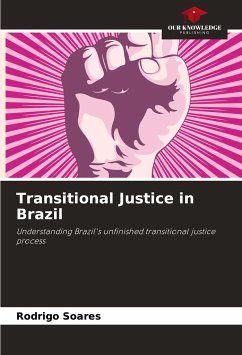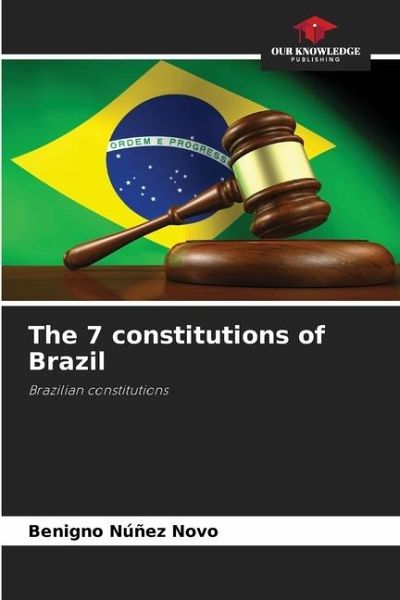
The 7 constitutions of Brazil
Brazilian constitutions
Versandkostenfrei!
Versandfertig in 6-10 Tagen
33,99 €
inkl. MwSt.

PAYBACK Punkte
17 °P sammeln!
Brazil has had seven constitutions, one in the monarchical period (1824) and six in the republican period (1891, 1934, 1937, 1946, 1967 and 1988). A Constitution, or Magna Carta, is a set of governing rules, often codified as a written document, which lists and limits the powers and functions of a political entity. In the case of countries, the term refers specifically to a constitution that defines the fundamental policy, political principles, and establishes the structure, procedures, powers and rights, of a government. Some have been promulgated and others have been granted. Enacted constit...
Brazil has had seven constitutions, one in the monarchical period (1824) and six in the republican period (1891, 1934, 1937, 1946, 1967 and 1988). A Constitution, or Magna Carta, is a set of governing rules, often codified as a written document, which lists and limits the powers and functions of a political entity. In the case of countries, the term refers specifically to a constitution that defines the fundamental policy, political principles, and establishes the structure, procedures, powers and rights, of a government. Some have been promulgated and others have been granted. Enacted constitutions are considered more democratic because they have the participation of the people, through their representatives. Granted constitutions, on the other hand, are those imposed by the government. We need to remember that our constitutions are just texts. Whether they will be mere utopias or whether they will serve as signposts for the conquest of rights and, consequently, for the construction of a fairer and more dignified society, will depend on our participation as men and women in search of true citizenship.



